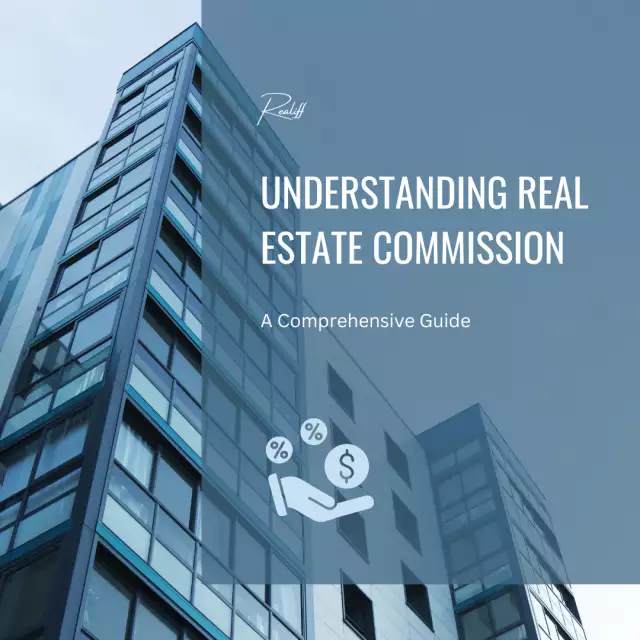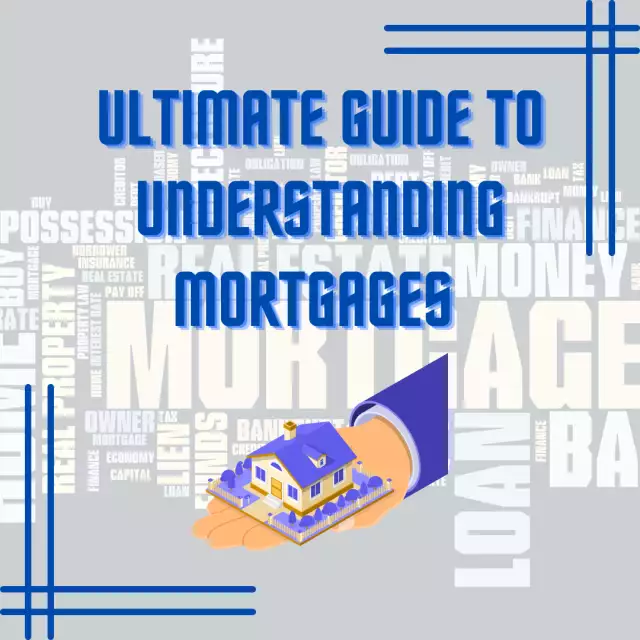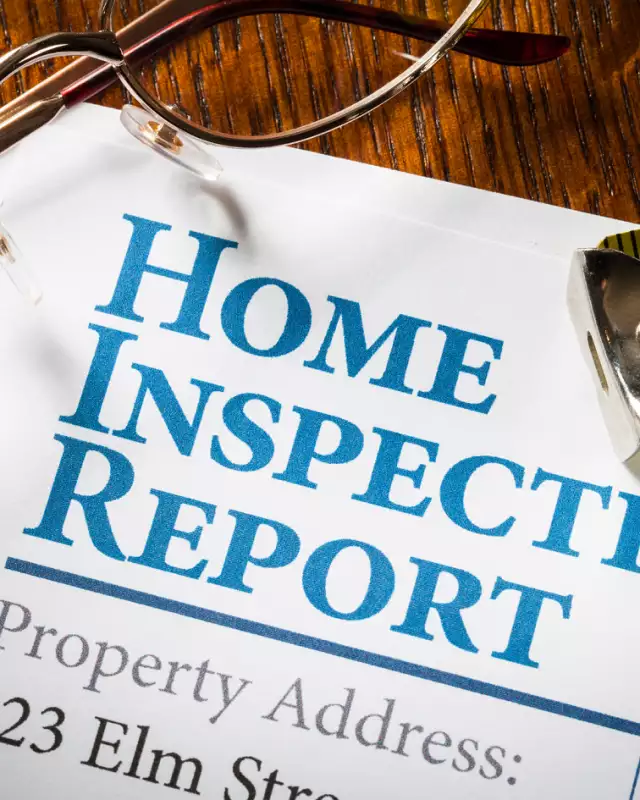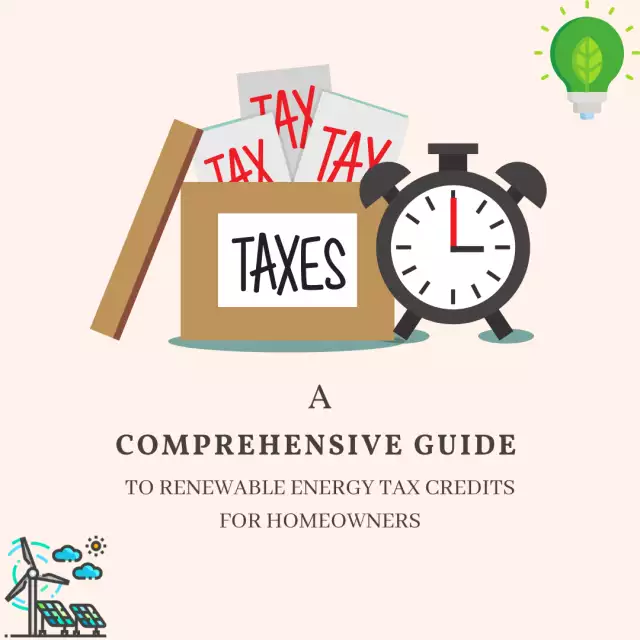Unlocking the Mystery of Mortgages: A Comprehensive Guide to Understanding Mortgage Rates
Unlocking the Mystery of Mortgages: A Comprehensive Guide to Understanding Mortgage Rates
A mortgageis one of the largest financial commitments you will make in your lifetime. It is important to understand the various factors that go into determining your mortgage rates, such as your credit score, income, and the value of the property you're purchasing. In this post, we will answer some of the frequently asked questions about mortgages and provide examples and best practices to help you make an informed decision.
What is a mortgage rate?
A mortgage rate is the interest rate you will pay on your mortgage loan. It is a percentage of the loan amount and is expressed as an annual rate. For example, if your mortgage rate is 3.5%, you will pay 3.5% interest on the loan amount each year. Best practice: When shopping for a mortgage, compare the interest rates from multiple lenders to get the best rate possible.
How are mortgage rates determined?
Mortgage rates are determined by a variety of factors, including the lender's cost of funds, the level of competition in the market, and the overall economic environment. Your credit score and income also play a role in determining your mortgage rate. For example, if you have a high credit score and a stable income, you may be offered a lower mortgage rate. Best practice: Work on improving your credit score and reducing debt to increase your chances of getting a lower mortgage rate.
How to compare mortgage rates?
When comparing mortgage rates, it is important to look at the annual percentage rate (APR), which includes both the interest rate and any fees associated with the loan. For example, if two lenders offer interest rates of 3.5% and 3.75%, but the lender with the lower rate also has higher origination fees, the lender with the higher interest rate and lower fees may have a lower APR. Best practice: Compare the APR from multiple lenders to get an accurate comparison of the true cost of the loan.
What is the difference between interest rate and APR?
The interest rate is the rate at which you will be charged for borrowing the money, while the APR is the annual percentage rate that includes both the interest rate and any fees associated with the loan. For example, if the interest rate on a loan is 3.5%, but the APR is 4%, this means that the loan has additional fees. Best practice: Always consider the APR when comparing loans to get an accurate understanding of the true cost of the loan.
What is a mortgage point?
A mortgage point is a fee charged by a lender in exchange for a lower interest rate. One point is equal to 1% of the loan amount and is often used to buy down the interest rate on a mortgage loan. For example, if you pay two mortgage points on a $300,000 loan, you will pay $6,000 in exchange for a lower interest rate. Best practice: Consider the cost of mortgage points and the potential impact on your monthly payment before deciding whether to pay points to lower your interest rate.
What are origination fees?
Origination fees are charges assessed by the lender for processing a loan application. These fees can include charges for credit reports, appraisal fees, and other administrative costs associated with underwriting the loan. For example, if the origination fee on a loan is 1% of the loan amount, you will pay $3,000 in fees on a $300,000 loan. Best practice: Compare the origination fees from multiple lenders and factor in these fees when comparing the cost of loans.
What is a discount point?
A discount point is a fee paid to the lender to lower the interest rate on a mortgage loan. One discount point is equal to 1% of the loan amount. For example, if you pay one discount point on a $300,000 loan, you will pay $3,000 for a lower interest rate. Best practice: Consider the cost of discount points and weigh it against the potential savings from a lower interest rate to determine if paying discount points is worth it for your specific situation.
How much is a mortgage point?
A mortgage point is equal to 1% of the loan amount. For example, if you have a $300,000 loan, one mortgage point will cost $3,000. Best practice: Consider the cost of mortgage points and weigh it against the potential savings from a lower interest rate to determine if paying mortgage points is worth it for your specific situation.
How much does 1 point lower your interest rate?
The amount that one point will lower your interest rate will depend on the lender and the market conditions at the time. For example, one point may lower your interest rate by 0.25% or it may lower your interest rate by 0.5%. Best practice: Ask your lender for a rate quote for different point options to see the potential impact on your interest rate.
What is lender credit?
Lender credit is a credit from the lender that can be used to cover some of the closing costs associated with a mortgage loan. For example, if you receive a $2,000 lender credit, you can use it to cover some of the fees associated with your loans, such as appraisal fees or title fees. Best practice: Compare lender credits from multiple lenders and factor in these credits when comparing the cost of loans.
What is a mortgage rate lock?
A mortgage rate lock is an agreement between the lender and the borrower that guarantees the interest rate and loan terms for a specified period of time, usually 60 or 90 days. For example, if you lock in your mortgage rate for 60 days, the interest rate and loan terms will be guaranteed for 60 days, even if interest rates change in the meantime. Best practice: Consider locking in your mortgage rate if you are close to closing on your home and interest rates are likely to go up.
When should I lock in my mortgage rate?
It is a good idea to lock in your mortgage rate when you are close to closing on your home and interest rates are likely to go up. For example, if you are in the process of buying a home and you are nearing the end of your loan process, it may be a good idea to lock in your mortgage rate to protect yourself from any potential increases in interest rates. Best practice: Monitor the interest rate market and consider locking in your mortgage rate if interest rates are likely to go up.
How does the Federal Reserve affect mortgage rates?
The Federal Reserve sets monetary policy, which can impact mortgage rates. When the Federal Reserve raises interest rates, mortgage rates tend to go up as well. For example, if the Federal Reserve raises interest rates, you may see an increase in your mortgage rate. Conversely, when the Federal Reserve lowers interest rates, mortgage rates tend to go down. Best practice: Stay informed about monetary policy decisions from the Federal Reserve and their potential impact on mortgage rates.
Conclusion
A mortgage is a significant financial commitment and it is important to understand the various factors that go into determining your mortgage rate. By answering these frequently asked questions about mortgages and providing examples and best practices, we hope to provide you with the information you need to make an informed decision about your mortgage. Whether you are a first-time homebuyer or a seasoned homeowner, it is always a good idea to shop around for the best mortgage rate and terms that meet your needs.









